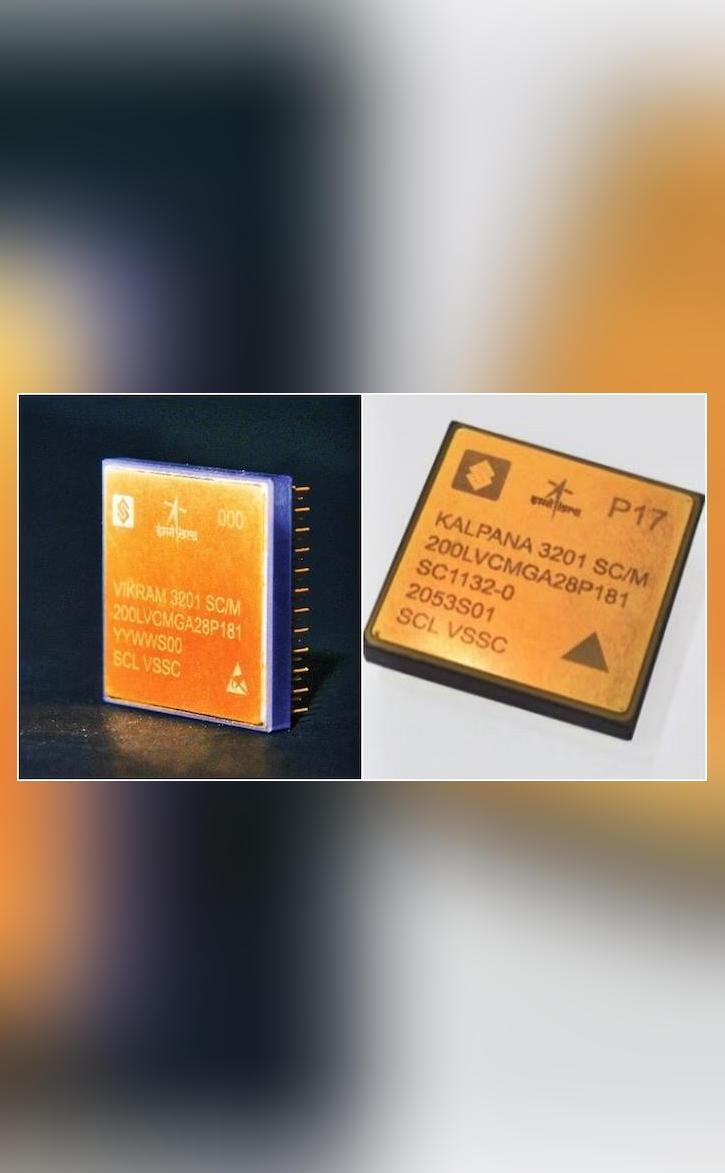
ISRO & SCL Develop 32-bit Microprocessors for Space Applications
The Indian Space Research Organisation (ISRO) and the Semiconductor Laboratory (SCL) in Chandigarh have jointly achieved a significant milestone in the field of microprocessor development. They have developed two 32-bit microprocessors, VIKRAM3201 and KALPANA3201, specifically designed for space applications. This achievement is a testament to India’s growing capabilities in the field of space technology and its determination to reduce its dependence on foreign vendors.
VIKRAM3201 is a notable achievement, as it is the first fully “Make-in-India” 32-bit microprocessor that has been qualified for use in the harsh environmental conditions of launch vehicles. This microprocessor has been designed to withstand the extreme temperatures, vibrations, and radiation found in space, making it an ideal choice for use in various space applications.
The development of these microprocessors is a result of a joint collaboration between ISRO and SCL. SCL, a premier institution in the field of semiconductor technology, has been working closely with ISRO to develop space-grade microprocessors. The VIKRAM3201 and KALPANA3201 microprocessors are the culmination of this collaboration, which has resulted in the creation of indigenous technology that can be used in various space projects.
The VIKRAM3201 microprocessor is a 32-bit processor that operates at a frequency of 50 MHz and has a processing power of 100 DMIPS (Dhrystone Million Instructions Per Second). It has a 64 KB SRAM (Static Random Access Memory) and 128 KB Flash memory. The microprocessor is designed to operate in the temperature range of -20°C to 70°C and can withstand radiation levels of up to 100 krads.
The KALPANA3201 microprocessor is also a 32-bit processor that operates at a frequency of 50 MHz and has a processing power of 100 DMIPS. It has a 64 KB SRAM and 128 KB Flash memory. The microprocessor is designed to operate in the temperature range of -20°C to 70°C and can withstand radiation levels of up to 100 krads.
The development of these microprocessors has significant implications for the Indian space program. With the capability to design and develop space-grade microprocessors indigenously, ISRO can reduce its dependence on foreign vendors and achieve greater control over its space projects. This will not only reduce costs but also enable ISRO to customize its microprocessors according to its specific requirements.
The use of VIKRAM3201 and KALPANA3201 microprocessors in space applications will also enable ISRO to achieve greater precision and accuracy in its space projects. The microprocessors are designed to operate in harsh environmental conditions, making them ideal for use in launch vehicles, satellites, and other space-related applications.
The development of these microprocessors is also a significant achievement for the Indian semiconductor industry. It demonstrates the capability of Indian institutions to design and develop complex electronic systems, which can be used in various industries, including space, defense, and aerospace.
In conclusion, the development of VIKRAM3201 and KALPANA3201 microprocessors by ISRO and SCL is a significant achievement for the Indian space program and the Indian semiconductor industry. These microprocessors have been designed and developed indigenously and are qualified for use in harsh environmental conditions, making them ideal for use in space applications. This achievement will enable ISRO to reduce its dependence on foreign vendors and achieve greater control over its space projects, which will have significant implications for the future of the Indian space program.
News Source: https://www.isro.gov.in/vikram3201.html






